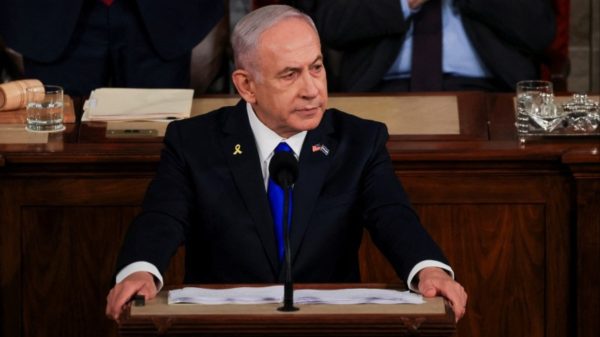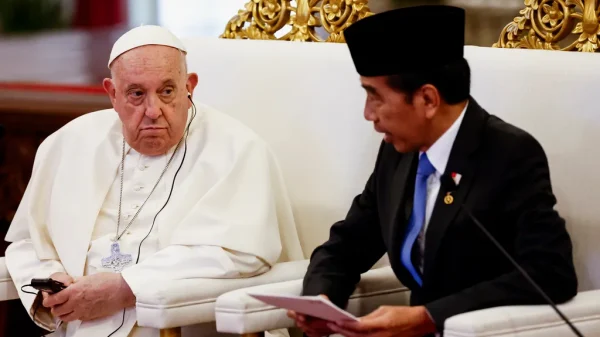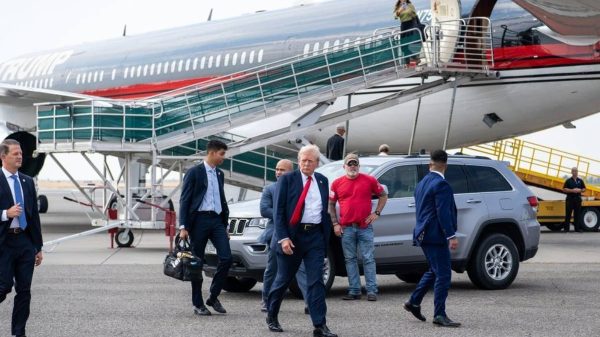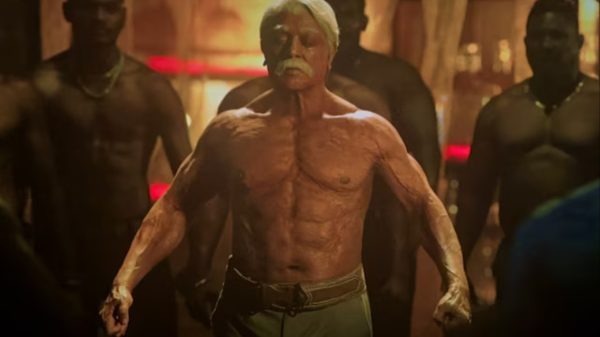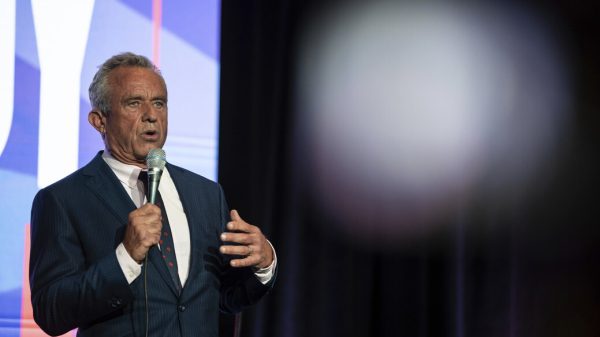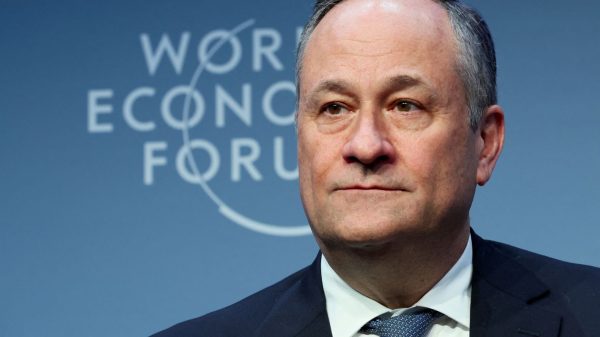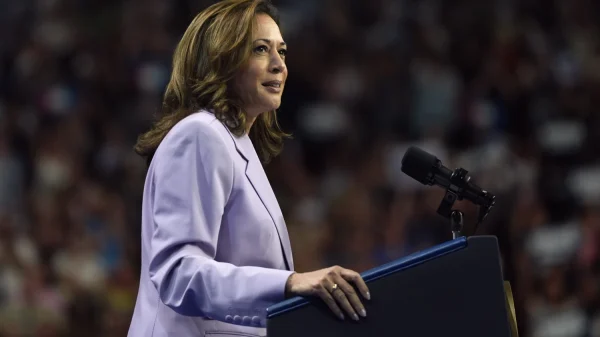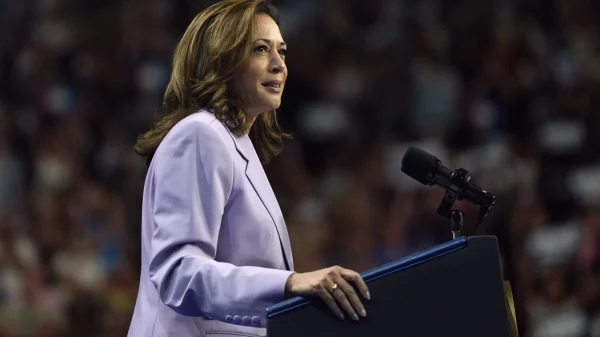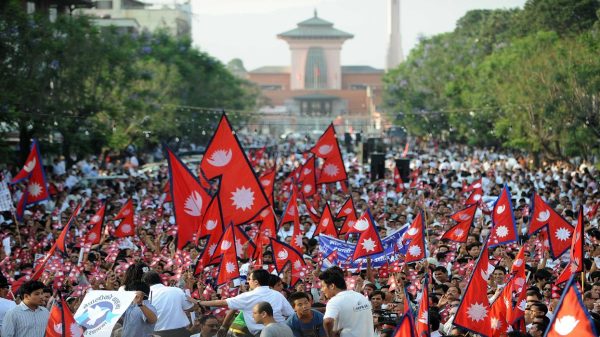Nepal’s political landscape is characterized by a volatile and unpredictable game of power, with leadership often decided by chance rather than merit. The pursuit of power frequently overshadows principles and long-term state and societal benefits.
This is exemplified by K P Oli’s return as Prime Minister, three years after his tenure ended due to the Supreme Court’s intervention, which declared his attempts to dissolve the House unconstitutional. The court mandated that Sher Bahadur Deuba, supported by a majority of MPs, should be the Prime Minister.
Interestingly, Oli and Deuba have now become political allies, with Deuba agreeing to wait 21 months for Oli to step down in his favor. This alliance is indicative of the fluid and opportunistic nature of Nepalese politics, where long-term stability has been elusive since the adoption of multi-party democracy over 34 years ago. Oli is set to become the 13th Prime Minister in 17 years, reflecting the frequent changes in government.
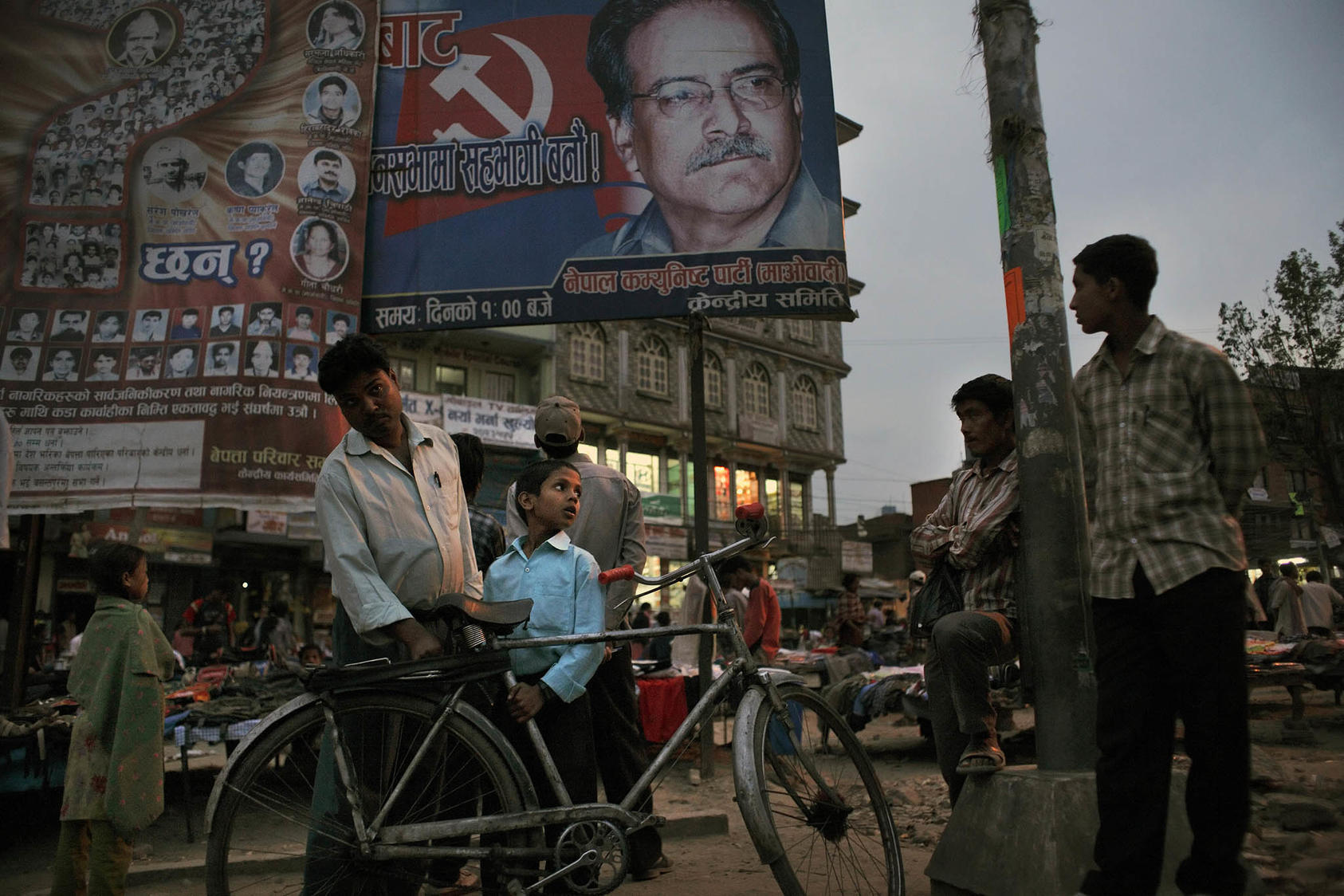
Nepal’s Political Turmoil Reflects Power Struggles, Unstable Alliances, and External Influences Undermining Long-Term Stability
The latest change in leadership is shrouded in mystery and speculation. Just four months prior, Pushpa Kamal Dahal “Prachanda” had ousted the Nepali Congress from the ruling coalition to partner with Oli’s Communist Party.
This partnership was touted as steadfast, but Prachanda’s departure illustrates the inherent instability and lack of accountability among Nepalese leaders, who often blame external influences for their political misfortunes while ignoring internal failings.
External powers have historically shown interest in Nepal’s politics. China, for instance, played a role in uniting communist factions in 2017, hoping for a stable alliance. However, Oli and Prachanda’s parties have since experienced turbulent relations.
Meanwhile, the US and India are wary of Nepal’s communist consolidation, given the geopolitical implications. Despite China’s opposition, Deuba’s government ratified a significant US aid grant, and Oli’s nationalist stance against India further complicates regional dynamics.
Oli’s leadership is marked by a complex relationship with India and the US, especially concerning projects under China’s Belt and Road Initiative. His past actions, such as the Transit and Transport Agreement with China, demonstrate his willingness to challenge India’s economic influence.
However, despite geopolitical tensions, Nepal’s economic dependence on India remains significant, and maintaining good relations is crucial for its stability and development.
Ultimately, Nepal’s political and diplomatic instability is exacerbated by the lack of credible political institutions. China and Russia express concerns over Nepal’s geopolitical stance, especially regarding US influence.
Despite these challenges, the strong economic ties with India and the need for cooperation underscore the complex interplay of domestic and international politics in Nepal. Oli’s controversial leadership style, combined with corruption allegations, suggests that political instability is likely to persist.


